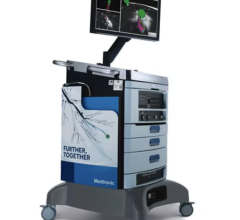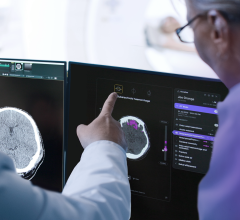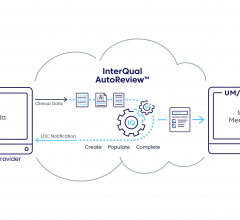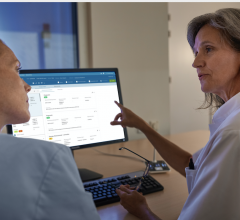
May 25, 2010 - May 25, 2010 - Radiologists using decision support helped decrease the percentage of low-yield exams from 5.4 percent of total number of requests to 1.9 percent of total requests, according to a study appearing in the June issue of Radiology.
The study, “Increasing the Appropriateness of Outpatient Imaging: Effects of a Barrier to Ordering Low-Yield Examinations," measured how a new rule preventing medical support staff from completing orders for outpatient imaging exams that were likely to be negative resulted in a marked decrease in low-yield exams for patients.
Many medical institutions request and schedule outpatient diagnostic imaging exams through use of web-based radiology order entry systems. Some systems offer real-time feedback, called decision support, on the appropriateness of the exams being ordered. When entering the desired examination into the system, the physician or support staff must also enter clinical information justifying the order. Based on that information, the decision-support system provides a yield score ranging from one to nine. The score indicates the likelihood that the selected exam will yield valuable diagnostic or positive results for this set of clinical circumstances.
Following American College of Radiology appropriateness criteria, a score of one to three is considered low yield. The user is then given the opportunity to cancel the order or select a different examination. However, because medical support staff do not make clinical decisions, they are less likely to cancel or revise an order without additional clarification from the physician.
To address this problem, Massachusetts General Hospital instituted a rule preventing medical support staff from completing computerized orders for outpatient CT, MRI and nuclear medicine examinations that received low-yield decision support scores.
“We developed this strategy to encourage more clinician ‘hands-on’ use of the system,” said Vartan M. Vartanians, M.D., clinical research associate in the Department of Radiology at Massachusetts General Hospital in Boston. “With greater physician involvement, fewer low-yield exams are ordered.”
After the change, the proportion of total examination requests by physicians directly logging into the system more than doubled from 26 percent to 54 percent of the total number of requests, while the percentage of low-yield exams requested decreased from 5.4 percent of total number of requests to 1.9 percent of total requests.
“Physicians need to use the decision support system for it to be effective, but getting them to do so can be difficult,” Dr. Vartanians said. “Our work demonstrates that a minimally disruptive alteration in the radiology order entry system can encourage direct physician involvement, and improve patient care by reducing the number of low-yield examinations.”
Reference: “Increasing the Appropriateness of Outpatient Imaging: Effects of a Barrier to Ordering Low-Yield Examinations.” Collaborating on this paper with Dr. Vartanians were Christopher L. Sistrom, M.D., M.P.H., Jeffrey B. Weilburg, M.D., Daniel I. Rosenthal, M.D., and James H. Thrall, M.D. Radiology.
For more information: www.rsna.org


 May 22, 2024
May 22, 2024 









